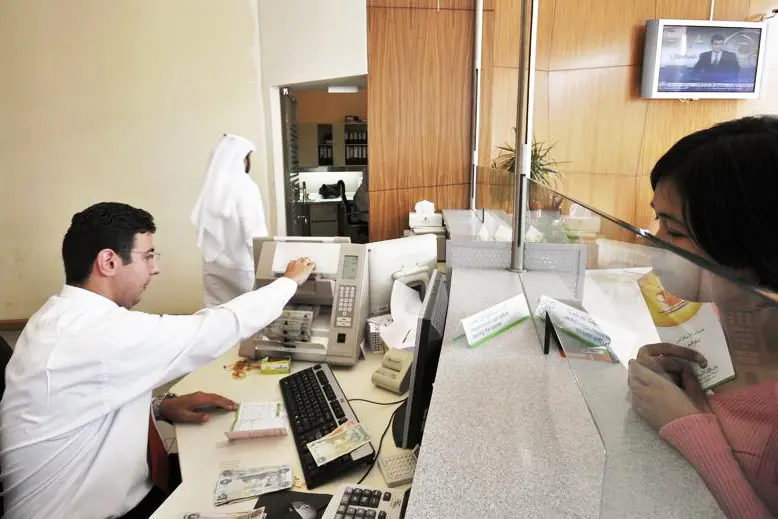PHOTO
Sunday, May 15, 2016
Dubai: Banks across the GCC including the UAE are resorting to job cuts and tighter recruitment policies to trim costs as the banking sector profitability has come under pressure following decline in economic activity resulting from reduced oil revenues.
A substantial increase in the cost of the liquidity, with banks and governments having to source funding outside their home markets at wider spreads are expected to hurt profitability of Gulf banks according to a recent report from Arqam Capital.
“With credit growth slowing down, limited possibilities to boost net interest margins (given tightening liquidity) and a market reduction in loan origination fees banks can only reduce their operating expenses to shield themselves partially from the headwinds,” said Jaap Meijer, head of Research at Arqaam Capital.
In the wake of market volatility and tightening global liquidity, banks will need to re-evaluate the way they approach changes and challenges in their customer and business strategies and focus on digital and talent strategies in 2016 to stay ahead in the long run KPMG said in its recent UAE Banking Perspectives report.
Tightening lending
Banks in the UAE have already started implementing strategies to improve cost efficiencies with a few banks announcing restructurings in some of the areas where lending is tightening, margins are getting squeezed and asset quality is deteriorating. According to industry estimates UAE banks have shed nearly 1,200 jobs from the second half of last year.
Last month Emirates NBD (ENBD) confirmed that two of its group entities together slashed 300 jobs as part of internal restructuring. While the bank slashed jobs in Emirates Money and an additional 200 jobs from Emirates Islamic, the job losses in Emirates Money was attributed to redundancy caused by a move to merge the small business finance provider with Emirates NBD’s operations.
Going by the growth trends last year the bank had anticipated stronger growth this year, but faced with the new conditions the bank has decided to reduce the workforce to save on costs.
A number of banks in the UAE including foreign banks operating in the country have announced job cuts this year anticipating a contraction in economic growth adversely impacting banking business.
While RAKBank has announced a cut of up to 250 jobs earlier this year, Abu Dhabi-based First Gulf Bank, HSBC and Standard Chartered have also reduced their headcount.
Faced with rising non-performing loans (NPLs), many UAE banks have begun reviewing their SME (small and medium enterprises) loan portfolios. Deleveraging and consolidation is already underway in the SME lending as banks are tightening lending norms. Late last year the UAE Banks Federation estimated loan impairments in the range of Dh5 to Dh7 billion from the SME sector.
Non-performing loans
Earlier this year a number of banks had announced internal restructuring of their businesses to control costs and reduce losses from some portfolios. While banks such as Commercial Bank International and United Arab Bank have announced restructuring of their balance sheets through deleveraging of legacy non-performing loans, RAKBank has announced restructuring of their small and medium enterprises portfolio.
Rating agencies such as Standard & Poor’s and Moody’s expect to see a gradual increase in non-performing loans this year. To deal with the potential spike in NPLs and control costs, sources say a number of banks are expected announce further job reductions.
In recent weeks, a few banks have reported some high profile departures. Analysts say banks are adjusting to new operating environment. “In 2011 to early 2015, the banking sector was flush with liquidity. Seeing opportunities in areas such as wealth management, treasury operations, investment banking and specialised lending, banks hired highly paid executives to develop in-house capabilities. With the business potential these areas looking bleak, many institutions are scaling down their ambitions and restructuring their business models,” said an analyst with a regional investment bank.
By Babu Das Augustine Banking Editor
Gulf News 2016. All rights reserved.





















